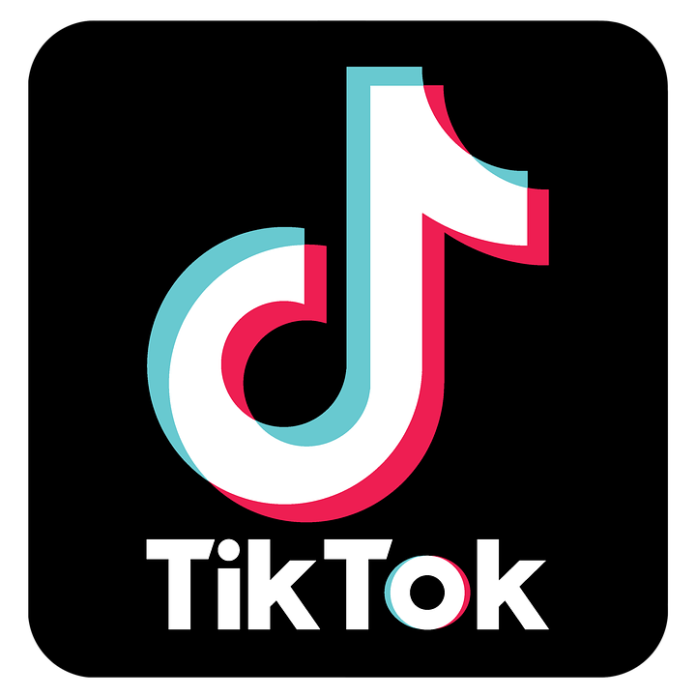Popular social media platform TikTok has been accused of harming and failing to protect young people in new lawsuits filed by several states in the United States of America.
The lawsuits were filed on Tuesday in New York, California, and 11 other states, as well as the District of Columbia, adding to several legal challenges the Chinese-owned company is already facing in the United States.

The latest filings accused the company of intentionally using addictive software to keep children watching as long as possible, as well as of misrepresenting the effectiveness of its content moderation. They also alleged that TikTok’s platform is designed to be addictive, exploiting children’s vulnerability to boost profits.
According to the states, TikTok’s software is intentionally designed to keep users, particularly children, engaged for extended periods, raising concerns about mental health and the efficacy of its content moderation efforts.
TikTok has rejected the allegations “many of which we believe to be inaccurate and misleading”, it said. The social media giant said it was disappointed at the state’s decision to sue “rather than work with us on constructive solutions to industrywide challenges”.
TikTok pointed out that it has implemented safety measures, including default screen time limits and enhanced privacy settings for users under 16, to address concerns about young people’s exposure to harmful content.
The platform’s parent company, ByteDance, is also fighting proposed legislation that could ban the app in the U.S.
The company has previously said that it strongly disagrees with allegations that it failed to protect children, and has said that it offers “robust safeguards for teens and parents”.
California Attorney General Rob Bonta stated that TikTok “intentionally targets children” because they cannot create healthy boundaries around addictive content.
He added that the platform’s algorithm encourages prolonged use to increase ad revenues.
New York Attorney General Letitia James echoed similar concerns, emphasising the platform’s negative impact on young users’ mental health.
“Young people are struggling with their mental health because of addictive social media platforms like TikTok,” James said. US legislators have argued that the app could allow the Chinese government to access user data and influence Americans through its wildly popular algorithm. The White House has backed the bill.
Legislators and the White House, however, are at odds with many of TikTok’s 170 million US users representing roughly half the country, as well as civil liberties and digital rights groups who say a ban would infringe on freedom of speech.
Beyond the accusations of addiction, Washington D.C. Attorney General Brian Schwalb alleged that TikTok operates an unlicensed money transmission business through its live streaming and virtual currency features.
He described TikTok as a platform “dangerous by design,” aimed at getting young users addicted to their screens.
One of the more disturbing claims came from Washington state’s lawsuit, which accused TikTok of facilitating the sexual exploitation of underage users, equating the platform’s live streaming and virtual currency features to operating “like a virtual strip club with no age restrictions.”
The latest lawsuits follow a broader investigation launched by eight states, including California and Massachusetts, in March 2022, probing TikTok’s impact on young people.
In August, the U.S. Department of Justice also sued TikTok for allegedly failing to protect children’s privacy on the app. Other states like Utah and Texas have previously filed similar suits, accusing the platform of putting children at risk.




